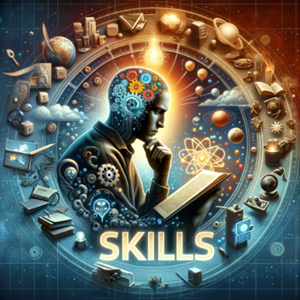
Objective:
The primary objective of this lesson is to equip learners with the fundamental skills necessary for effective conflict management. By the end of this lesson, participants will have a solid understanding of the core components of conflict resolution and will be able to apply practical strategies to de-escalate conflicts, facilitate productive conversations, and reach mutually beneficial outcomes in both personal and professional settings.
Comprehensive Content Overview:

Conflict Management is a multifaceted skill set that involves understanding the dynamics of conflicts, recognizing the interests of all parties involved, and applying various techniques to resolve disputes constructively. The core building blocks of conflict management include communication skills, empathy, problem-solving, negotiation, and the ability to maintain neutrality.
Understanding Conflict Dynamics
Conflict arises from differences in values, motivations, perceptions, ideas, or desires. At its core, conflict is a situation where two or more parties feel that their needs are incompatible.
Effective Communication
The ability to communicate effectively is crucial in conflict management. This includes active listening, clear messaging, and non-verbal communication cues.
Empathy and Emotional Intelligence
Empathy involves understanding and sharing the feelings of another. Emotional intelligence is the ability to be aware of, control, and express one’s emotions, as well as handle interpersonal relationships judiciously and empathetically.
Problem-Solving and Negotiation
These are systematic processes to find solutions to complex or difficult issues. Negotiation is a dialogue between two or ...








